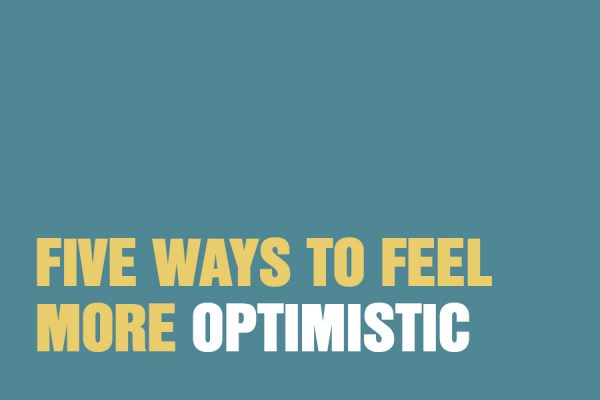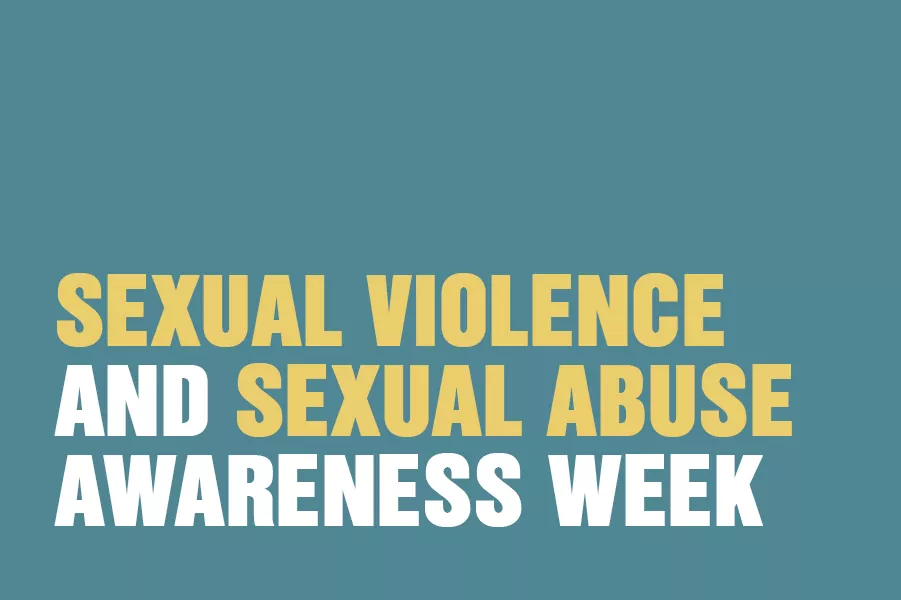The term ‘neuroticism’ is one that is often used to describe a mental illness of some description, but this isn’t accurate. There are no specific neurotic disorders because neuroticism refers to specific personality traits rather than a clinical diagnosis, although some of these traits can make a person more susceptible to certain mental health conditions.
In this article, we’re going to look in more detail at some of the neurotic behaviours that can give way or point to other types of mental health conditions, helping you to better your understanding of neuroticism and how to support people who are more neurotic.
What does ‘neurotic’ mean?
Firstly, let’s drill down into what is meant by the term ‘neurotic’ disorders. There is a widely accepted psychological theory that everyone’s personalities are a unique mixture of the Big Five personality traits. These traits are:
- Openness (curious vs cautious)
- Conscientiousness (organised vs disorganised)
- Extroversion (outgoing vs reserved)
- Agreeableness (friendly vs critical)
- Neuroticism (emotionally sensitive vs resilient)
A neurotic person will score highly on the neurotic personality trait scale. This means they will be more likely to react negatively to certain situations and may be perceived as more emotionally unstable. Neurotic people tend to feel emotions like anxiety, anger, guilt, jealousy, depression, apprehension, excessive worry, fear, and loneliness more than people who don’t score highly on the neurotic trait scale. Intrusive thoughts and emotional instability are the main indicators of a neurotic person.
It’s not uncommon for neurotic people to get easily overwhelmed and stressed by seemingly minor situations, and they might exhibit negative behaviours such as road rage. Neurotic people are also often shy by nature, have low self-esteem, and they may complain frequently about small things. For a neurotic person, one negligible hiccup, such as getting stuck in traffic on the way to work, can throw off their mood for the whole day because they struggle to regulate their response to stressful situations.
That being said, there is no such thing as a neurotic disorder; many neurotic people are able to manage their emotions well and live normal lives.
Is neurotic behaviour a mental health disorder?
Neuroticism is not a mental health disorder, though it is often painted as such, and therefore it is not able to be treated in the same way. However, neurotic people are often predisposed to mood disorders such as depressive disorders and anxiety disorders, but as mentioned above, neuroticism on its own is not a diagnosis. Not everyone who is neurotic will have an anxiety or depression diagnosis, and many people are able to live their lives normally and without medical intervention for their neurotic tendencies.
Neuroticism vs neurosis
Neuroticism and neurosis are two terms which are routinely used interchangeably, but they are entirely different things.
Neurosis
Neurosis is a term that isn’t widely used anymore, but that dates back to the 1700s and was used commonly until quite recently. It is an umbrella term for a number of associated symptoms of mental illnesses, including obsessive thoughts, worrying, and anxiety. Neurosis symptoms can have a significant negative impact on everyday life and make it difficult to carry out daily tasks and activities.
Neuroticism
Neuroticism is, as mentioned, a personality trait that means a person is more likely to react negatively to external stressors and gravitate towards negative emotions. Unlike neurosis, neuroticism on its own does not have a significant negative impact on a person’s ability to go about their everyday life. It isn’t possible to have a neurotic disorder.
Are there types of neurotic disorders?
As a result of neurotic behaviour not being a mental health disorder, there aren’t specific neurotic disorders per se, but there are a number of mental health conditions that are commonly diagnosed in people with a neurotic personality, such as post-traumatic stress disorder if a stressful life event occurs. It’s unclear whether neurotic behaviours can trigger an underlying mental disorder, but there are some other mental disorders commonly diagnosed in neurotic people.
Anxiety
Anxiety is a normal part of life and is an emotion we all feel from time to time. For example, a person might be feeling anxious at the arrival of their first child, starting a new job, or sitting an exam. However, there are times when anxiety becomes severe enough to impact a person’s everyday life.
Continuous worrying, restlessness, sleep issues, and concentration problems can all point towards an anxiety disorder. Symptoms such as these can cause a person to become withdrawn from social activities and become quite isolated. Anxiety disorders can also be incredibly distressing when not controlled and result in physical symptoms such as panic attacks and sleep problems.
Neurotic people often feel anxious and have a tendency to worry and overthink, meaning they may be more susceptible to being diagnosed with anxiety disorders, such as generalised anxiety disorder (GAD) or panic disorder. Anxiety symptoms can be frustrating and seem irrational, but having patience and trying to talk an anxious or neurotic person through the problem at hand and trying to calm them down is key.
Obsessive compulsive disorder (OCD)
Obsessive compulsive disorder is characterised by frequently feeling compelled to repeat a behaviour in order to quell an obsessive or intrusive thought. Obsessive thoughts and feelings can vary, with most people seeing images of things that disgust them or make them feel anxious, or feeling like they need to do a specific thing to put the thought at bay.
Some OCD behaviours might include checking windows and doors multiple times before you go to bed or leave the house because you have a fear of someone breaking in. Another example might be having a compulsion to repetitively check that your newborn baby is breathing. OCD can be debilitating and lots of people with it feel embarrassed and therefore don’t seek help, but it’s nothing to be ashamed of.
Neurotic people often obsess over things and can exhibit compulsive thoughts, sometimes referred to as obsessive compulsive neurosis. Poor impulse control is another symptom of a neurotic personality, as is feeling ashamed about an issue. Because neurotic people are often anxious and self-critical/doubtful, they may be more inclined to develop OCD.
Depression
Depression is a common mood disorder that affects thousands of people. It can be brought on by lots of different things, such as bereavement and loss, or it can occur without a recognisable cause.
Depression is defined as having a continuous low mood. This is when you feel sad, hopeless, guilty, irritable, unmotivated, anxious, or generally like you’re finding no enjoyment in life for a period of weeks or months. We all feel down from time to time, but when these feelings persist and turn into ongoing and profound sadness, it could be a sign of clinical depression.
Neurotic people can often feel irritable, anxious, or guilty, and their tendency to react poorly to environmental stressors could make them more likely to suffer from depression and rely on unhealthy coping mechanisms more often.
Treating neurotic disorders and behaviours
Whilst the above conditions can be debilitating and difficult to live with, they are all treatable. If you know someone who is displaying signs of the above, or if you or someone you know is exhibiting neurotic behaviour, things like selective serotonin reuptake inhibitors (a type of antidepressant medication) and cognitive behavioural therapy (CBT) with a mental health professional might be of use.
At The Awareness Centre, we offer a range of supportive therapies for people with anxiety, depression, OCD, chronic stress, and other mental health conditions, but we can also offer support and guidance for neurotic people who may be struggling with more challenging aspects of their personality or those with a personality disorder. Again, there are no specific neurotic disorders and therefore no one-size-fits-all neurotic disorder treatment, but we can work with you to create an independent care plan.
Please contact us to arrange a consultation with one of our mental health professionals.







